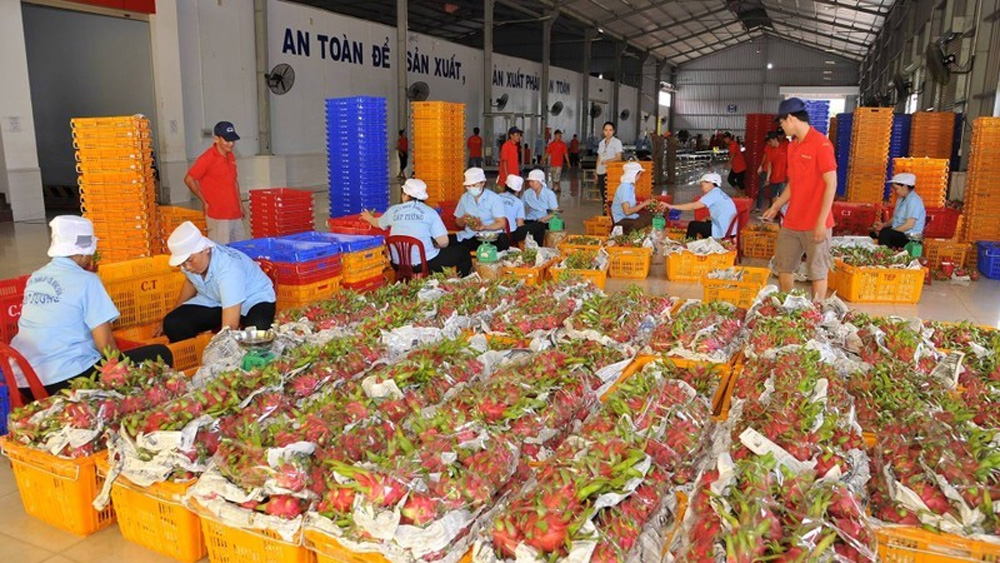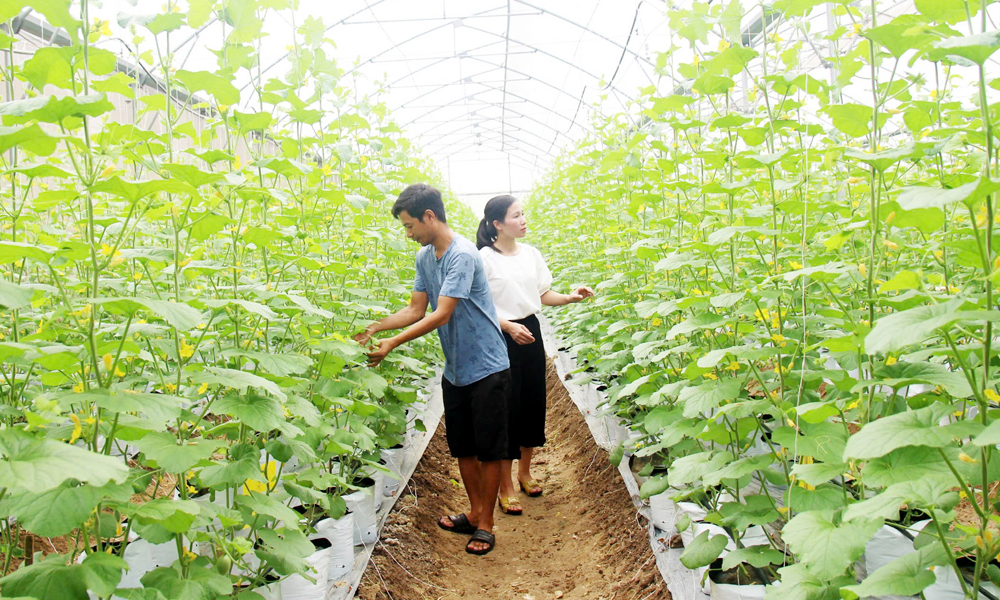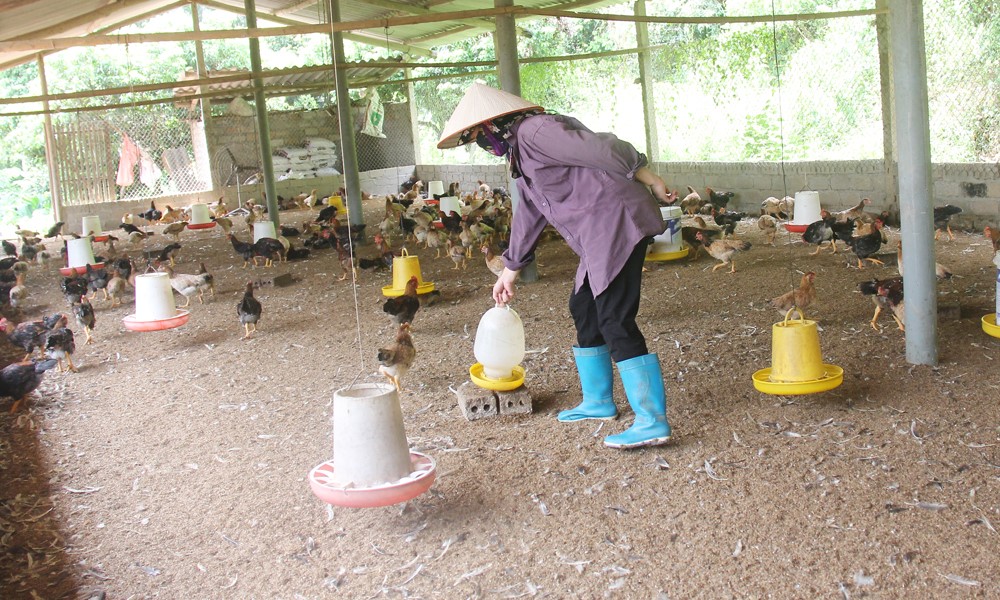Doors wide open for agricultural exports to China
While agricultural exports to the US and Japan fell by 29.3% and 6.9% respectively, exports to the world’s second largest economy rose by 12.5%.
 |
|
Dragon fruit is one of Vietnam's main farming exports to China. |
In the first half of the year, Vietnam’s farming exports to China reached 5.2 billion USD, with strong growth in rice, fruit and vegetables, and cashew nuts.
For fruit and vegetables, the value of exports to China soared by 121.9% from a year earlier to 1.76 billion USD, representing nearly two thirds of Vietnam’s total fruit and vegetable exports. The fruits most imported by China were dragon fruit, durian, banana, jackfruit and mango.
According to General Director of Chanh Thu Fruit Export and Import Company Ngo Tuong Vy, although China has tightened its food safety requirements, Vietnamese fruits are still favoured by Chinese consumers thanks to their high quality and competitive pricing.
She expected the export of fruit to continue growing in the second half of 2023, especially when demand spikes during the holiday season.
In addition to fruits and vegetables, Vietnam’s rice exports to China also posted strong growth, partly due to a projected drop in China’s rice output while demand remains high.
For seafood, which shrank sharply during the first six months of the year, the decrease rate returned to a single-digit figure at 7.9% in June. For shrimp, June saw year-on-year growth of 19%, reaching 59 million USD.
In the second quarter of 2023, China remained the largest importer of Vietnamese rubber, with 288,900 tonnes worth 382.77 million USD, accounting for 75.23% of quantity and 73.93% of value. Vietnam’s share of rubber in the Chinese market was 11.27%, higher than the same period last year.
According to the World Bank’s forecast, China’s economic growth is expected to rebound to 5.6% this year, helping to maintain Vietnam’s agricultural exports to the world’s second largest economy, with seafood, timber and cassava likely to record a slight recovery in the latter half of 2023.
In the two most recent months, China’s import of cassava flour fell from a last year, but it is forecast to grow again as the country is about to begin the production of moon cakes for the Mid-autumn Festival.
Rubber also has potential for regaining growth in the final months of 2023 as China’s car manufacturing sector is showing positive signs.
Vietnam’s fruit and vegetables exports are also highly competitive thanks to the country’s close proximity to China, which keeps costs low while quality and freshness are maintained.
To boost farming exports to China in the remaining months of the year, the Ministry of Agriculture and Rural Development said it is planning to discuss the signing of a cooperation agreement on agricultural trade between Vietnam and the Chinese provinces of Guangxi and Yunnan.
The ministry is working to soon sign a protocol with China’s customs on food safety requirements, quarantine and inspection of seafood imported from Vietnam, and is also organising various workshops on promoting agricultural exports to China.
Source: NDO
 Bắc giang
Bắc giang















Reader's comments (0)